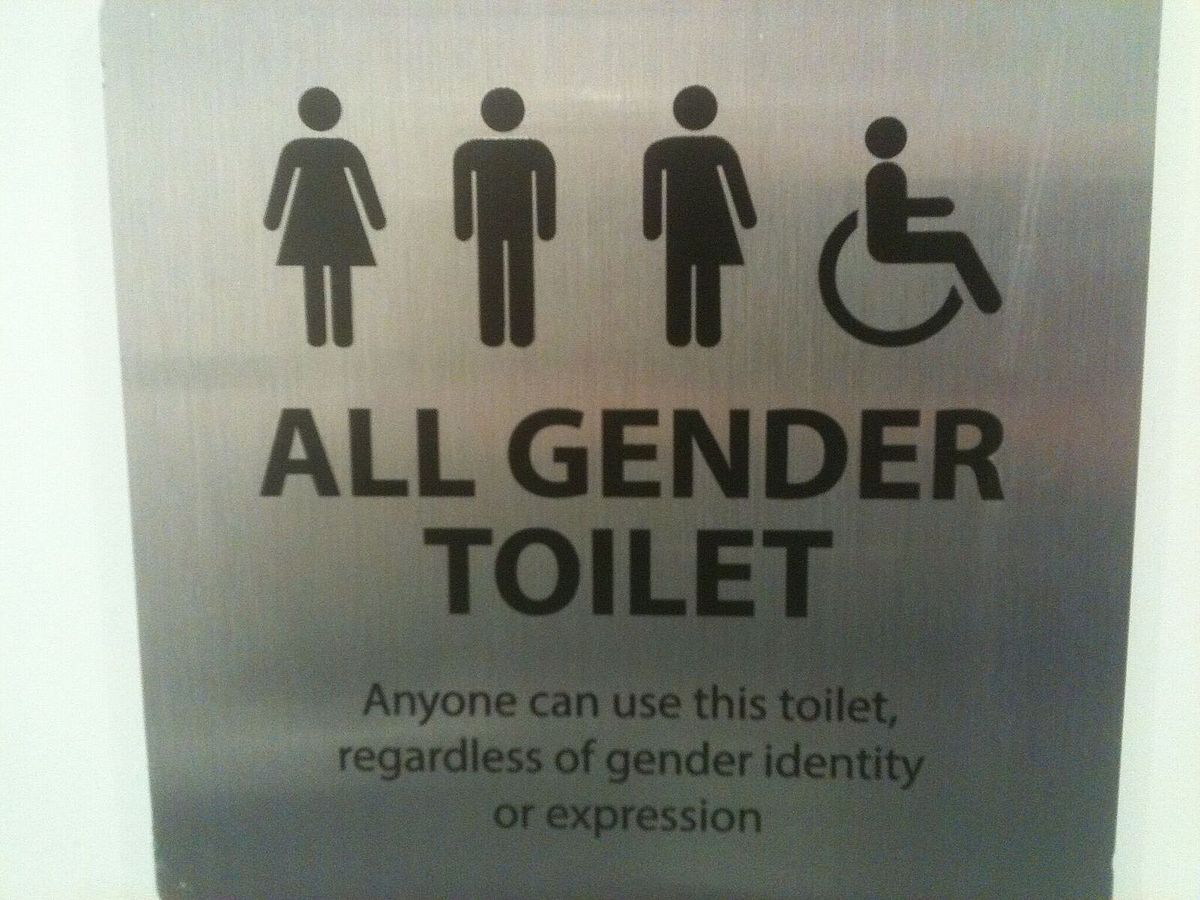Transculturation and Diversity

Anthropology and Cultural Research's prmiary goal is to grasp the complexity and dynamics of social and cultural phenomena. One of our departmental key foci in research and teaching thus lies in the critical examination of transcultural processes, diversity and social inequality in the contemporary world. This focus allows us to view "culture" not as a coherent whole nor as closed and homogenous thing, but as a choreography of sameness and difference generated at specific historical junctures. Inspired by the Carribean anthropologist Fernando Ortiz, we understand "transculturalism" as a process whereby cultural difference emerges out of complex encounters, negotiations, translations, and recombinations. This happens within specific economic and political contexts and at the tail end of global colonial histories, their continuities and contemporary forms. All too often, differences get stabilized, reified, and misused for segregation and exclusionary purposes - a process we subject to scrutiny.
Our focus on diversity and social inequality also includes the study of discrimination, exclusion and oppression from the vantage point of postcolonial, gender and queer perspectives. Intersectional analyses allow us to draw attention to the complex correlations and reciprocal effects of social inequality. In our research on organizational culture, for example, we critically explore diversity in economics, public administration and education, as well as in social and cultural spheres. Our focus on Diversity Studies is furhter linked to the hands-on, critical exploration of "diversity" as it is practiced and institutionalized (or not) in a variety of fields.
We aim to connect our research to ongoing societal transformations and to make a contribution to public debate in the spirit of Public Anthropology. Our Department is also committed to organizing a series of partnerships with a range of actors and institutions outside of academia and to developing common initiatives such as research and grassroots projects on exile, forced migration and asylum; transcultural / critical diversity training seminars within organizations; projects on co-existence in post-migrant societies; and on sexism, racism and anti-discrimination.
Students can also obtain complementary Certificates in Transcultural Communication and Diversity Skills.
